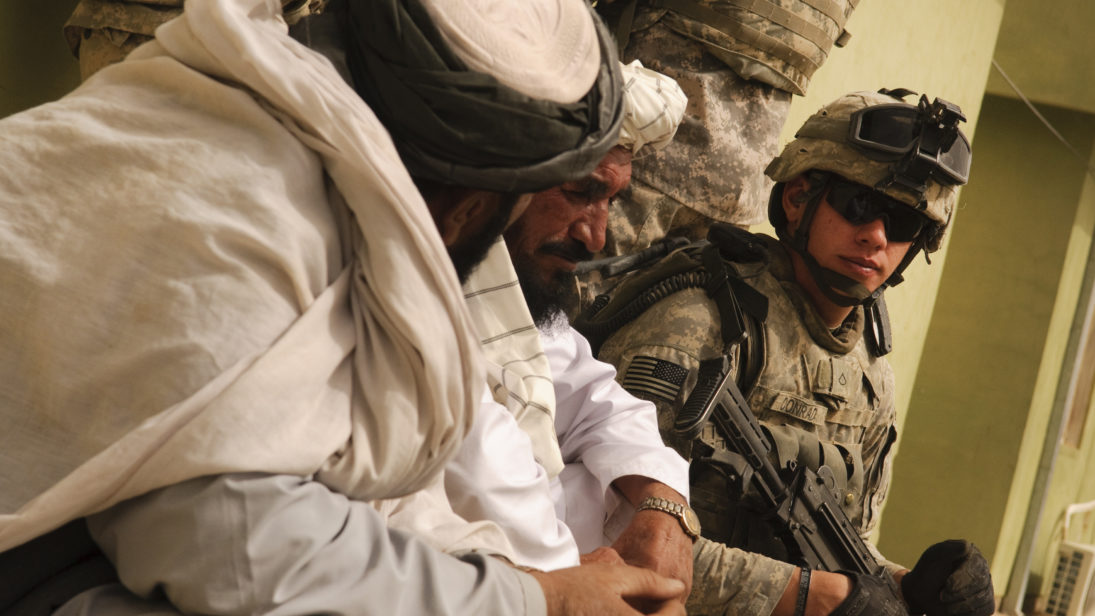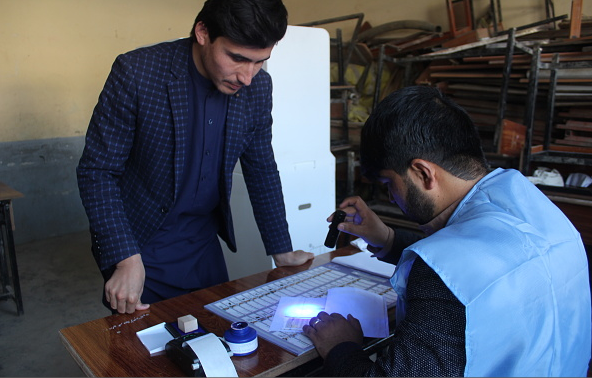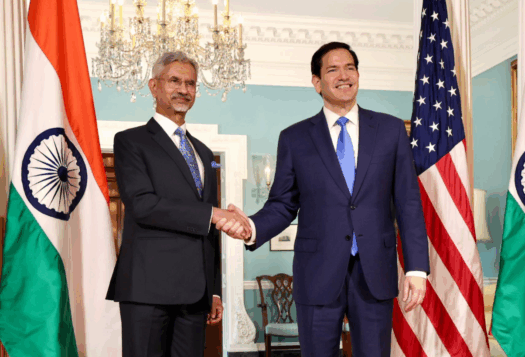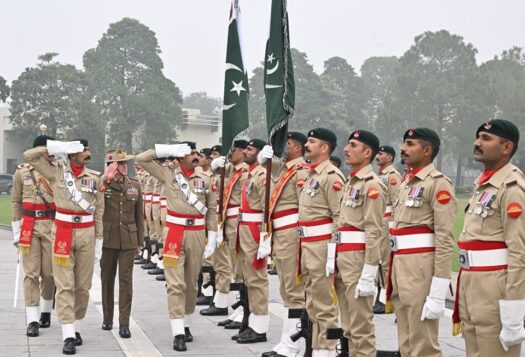
Late last month, in a surprise move, the Independent Election Commission (IEC) of Afghanistan announced that next year’s presidential elections will proceed as planned on April 20, after having considered postponing them for a few months. This occurred simultaneously with Afghan President Ashraf Ghani, at the Geneva conference, reiterating his government’s intention to pursue a peace agreement with the Taliban, having formed a 12-member negotiating team. Meanwhile, the United States’ Special Representative for Afghanistan Reconstruction (SRAR), Zalmay Khalilzad proceeded on his third trip to the region to discern the possibilities for reconciliation with the Taliban, with the aim of reaching an agreement ahead of the upcoming presidential elections. However, as the insurgent group is in a strong position militarily, Khalilzad’s mission appears Herculean. In these circumstances, there are concerns about the fate of the peace process if the United States remains unable to reach an agreement with the Taliban before the election. Should the United States push the Afghan government to defer the election? And how will election postponement affect the Taliban’s psyche? An analysis of the current situation suggests that it would be prudent to delay the election for the sake of peace, lest negotiations fail ahead of the ballot.
While IEC officials denied that their consideration regarding delaying the election had anything to do with the peace process, a media report suggested that the United States favored the idea in order to incentivize the Taliban to consider political reconciliation. According to Khalilzad, the United States is in a hurry to end the Afghan tragedy; some media reports also suggest that Khalilzad is moving rapidly to reach out to as many top Taliban figures as possible in an attempt to start peace talks before President Trump orders a troop pullout without properly ending the conflict.
The idea of election delay had also been received positively by many political parties, civil society groups, and institutions in Afghanistan. The High Peace Council (HPC), a vital body of the Afghan government especially established for the peace and reconciliation process, welcomed the idea. “As we get closer to peace, [delay in the presidential election] will be good for the nation and it should be put first. By having peace, we then will have good elections,” said Azizullah Din Mohammad, the deputy head of the HPC. Some politicians also expressed support for the idea and suggested the establishment of an interim government while deferring the ballot. However, President Ghani and CEO Abdullah Abdullah immediately rejected the idea. A presidential spokesperson tweeted that the Afghan government would hold the 2019 presidential election as planned, as per the Afghan constitution and on the date set by the IEC. While Abdullah, after meeting the U.S. Ambassador to Afghanistan John Bass, tweeted that the election would “take place on time.”
To be sure, Khalilzad’s efforts to bring peace to Afghanistan seem to be heading in a positive direction. During his first visit to Afghanistan as SRAR in October, Khalilzad held meetings with all key stakeholders: the National Unity Government (NUG), an array of political groups, civil society organizations including the HPC, and the media. After their meeting with Khalilzad on October 10, the Taliban claimed that the United States had agreed to hold further talks on the withdrawal of foreign forces from Afghanistan, which would eventually pave the way for intra-Afghan negotiations. Not surprisingly, during his second visit to the region, Khalilzad held a three-day session with the Taliban in Qatar. After the talks, he expressed optimism regarding reaching a peace deal with the insurgent group, potentially before next year’s presidential election.

However, whether a sustainable and inclusive peace deal can be struck before April’s election is the real question. The IEC’s deadline for presidential candidates to file nomination papers is January 2nd and Khalilzad’s trip to the region ends on December 20, which means that the Taliban will have less than two weeks to decide whether they will contest the election. Meanwhile, the United States and the insurgents must agree on a plan of withdrawal of foreign forces from Afghanistan, and what the fate of thousands of Taliban fighters would be.
Owing to these challenges, Khalilzad still seems to support the logic of election deferral—with a peace agreement being in place before the election, the Taliban would be able to participate in “whatever road map that the Afghans agree to,” he said. But he categorically mentioned that this election decision will strictly be taken by Afghans. Meanwhile, top Afghan stakeholders including Ghani and Abdullah have staunchly opposed the idea, fearing the step would give the Taliban an upper hand during the negotiations.
It is worth considering that a deferral in the election could give peace a greater chance. The recent iteration of the U.S.-led peace process has generated hope of a resolution due to a shift in American strategy by agreeing to talk directly with the Taliban and the Afghan government supporting such a move, something that has not occurred before. Thus, after already having invested many years in these negotiations, it seems worth it to give this new approach a genuine chance, without putting the arbitrary deadline of the presidential election. If the election takes place and then the United States manages to strike a peace deal with the Taliban, time and effort put in to conducting the ballot would go to waste because the Taliban would have to be accommodated in some way in the affairs of the government. Additionally, more time to invest in planning for the presidential election could also be an opportunity for Afghanistan to carry out electoral reforms, to ensure legitimacy of the voting process, especially after the technical issues during the recent parliamentary elections.
It must be understood that the Taliban have already been gaining momentum on the ground, and if they are “not losing” the war, then they probably possess the upper hand. In such a situation, the fact that they are engaged in peace negotiations is a positive and this opportunity should not be squandered. Additionally, if Khalilzad remains unable to reach an agreement with the insurgent group ahead of the presidential election and the NUG carries on with elections as planned, it is possible that the Taliban may abandon the peace process, which has gained unprecedented momentum since the Eid ceasefire, and violence may exacerbate thereafter.
***
Image 1: U.S. Air Force Photo by Senior Airman Nathanael Callon
Image 2: Mohammed Sharif Shayeq via Getty Images


